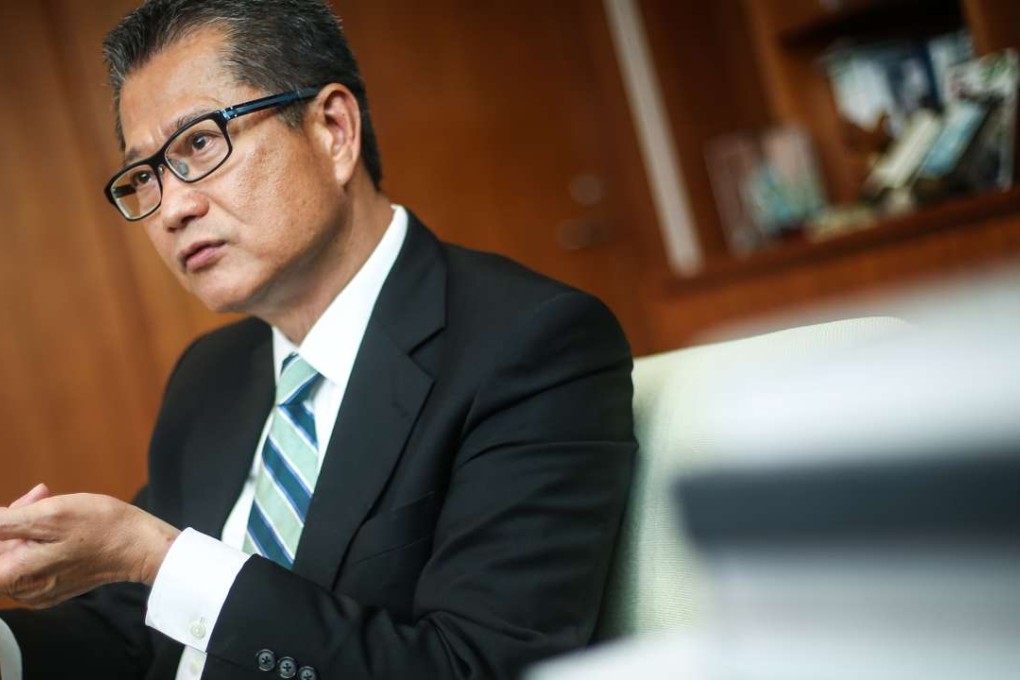Is Paul Chan qualified to handle Hong Kong’s coffers?
Supporters cite his accounting background, but critics question his knowledge of public finances

Yet does Chan, as the former development minister whose public opinion ratings have consistently been the lowest among ministers, have what it takes to run the city’s finances?
Speaking on his appointment as the financial chief yesterday, Chan, a certified public accountant, said he felt “honoured” and his priority was to prepare the coming budget.

“I shall also strive to achieve a fiscal balance, to dedicate public resources flexibly for launching various government projects and public services that suit the needs of the community,” he said.
Chan served as a lawmaker representing the accountancy sector from 2008 before he was appointed as development minister in 2012.